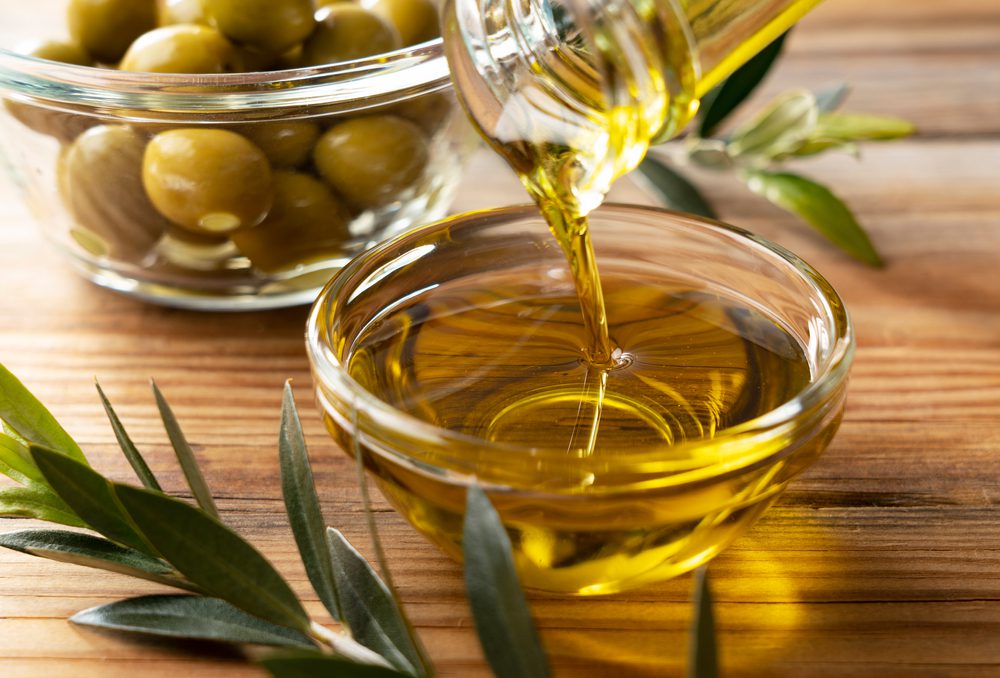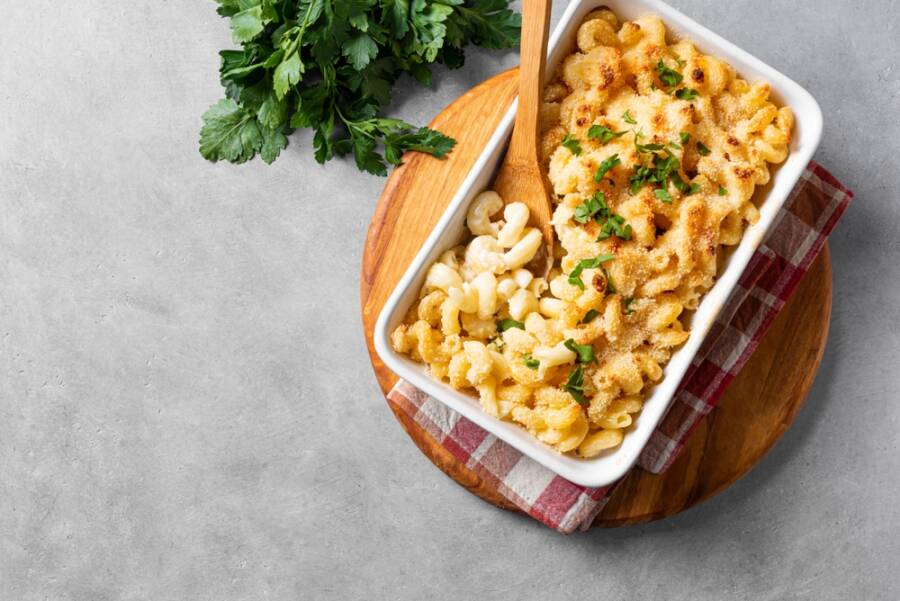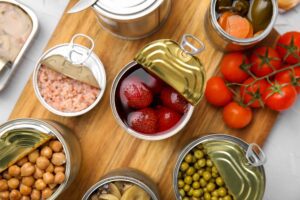Nutritionists always skip these organic foods! Here’s why:
You’ve probably heard many times that organic food is better, more natural, and more sustainable. But as good as it might be in theory, it’s more expensive, and the costs can add up quickly. From veggies, fruits, and prepped food to snacks and desserts, organic food is one of the fastest-growing sectors in the food market.
Naturally, more and more people are searching for healthier food options as environmental concerns and weight gain issues increase. But we can’t stop wondering: Is organic necessarily better?
The first thing to understand is that, according to registered dietitians, the term “organic” refers to the production method of food rather than its overall health. Whether or not specific chemicals and pesticides were used during farming or harvesting is the organic label’s main determinant. Therefore, buying organic makes sense if you’re worried about contaminants in your food—at least sometimes.
According to some studies, organic dairy and meat could have more health benefits, and organic produce contains more antioxidants than regular varieties. Even though we’ve listed a couple of benefits, some nutritionists say that there are some organic foods they always skip. Since we all want to be healthy but not spend a fortune on groceries, here’s what they say isn’t worth it:

1. Organic olive oil
Olive oil is one of the best sources of healthy fats, but if you want to get the most bang for your buck, you should avoid the organic variety. Sourcing and quality are way more important than organic labels. You should get extra virgin olive oil because it comes straight from the initial press of the olives and hasn’t been refined or chemically processed.
Nutritionists say you must pay attention to the oil’s label and container. To prevent light exposure, it should be stored in a dark or opaque bottle. The label should specify the harvest date, the place of origin, and the assurance that the product is extra virgin.
2. Organic fish
Another organic food nutritionists don’t waste money on is fish. If you see the organic label on seafood or fish, you might want to put the product back on the shelf because there’s no official standard for organic seafood. So the word doesn’t have any meaning, but you spend a lot more just because it’s written on the package.
Since their aquatic habitat is uncontrollable, we don’t know what wild fish eat or whether they come into contact with pollutants and waste from the surrounding water.
Instead of paying extra for a food you don’t know much about, you’d better focus on the seafood’s source. If you can, it’s best to choose wild fish over farmed fish and seek ethically sourced seafood. Moreover, if you want to avoid toxins, you can eat smaller fish, such as sardines.

3. Organic macaroni and cheese
Did you know that you don’t need to buy organic white pasta? This type of food is highly processed, which means that the outer layers of the wheat, along with any pesticides, are removed during the processing. This means you don’t need to worry about pesticide residue. However, if you want to consume healthier pasta, you can switch to high-protein ones, such as chickpea, peas, and lentil pasta.
…We have many things to talk about, so keep reading!
4. Organic bananas
Since there’s not a big difference between regular bananas and organic ones, many people prefer to pay the extra cents. However, there’s not much of a difference between these two varieties. Bananas have thick peels that keep pesticides away from the edible part, so you’re good with the regular ones.
However, one of the reasons why people still prefer to buy organic is the high toxicity levels workers are exposed to. If you want to make sure your fruits and veggies are always clean and pesticide-free, here’s a fantastic wash for you!
5. Organic avocados
If you’re a fan of tortilla chips, you can relax knowing that your guac is safe, whether you use regular or organic avocados. We’ve talked to someone who worked at an avocado company and said that both regular and organic avocados are only sprayed once every seven years, and even then, the pesticide used is the same for both fruits, the application technique being the only difference.
6. Organic popcorn
I love popcorn, and in my opinion, it’s one of the best snacks ever. Whether you make it on the stove or in an air popper, you don’t need to spend extra money on this organic food.
According to nutritionists, corn is one of the foods that doesn’t have much pesticide residue to begin with. However, if you prefer to make your popcorn in the microwave, you might want to stick to organic because it’s better for your health, as experts say.
7. Organic citrus fruits
Citrus fruits, such as lemons, limes, and oranges, have thick enough skins to ward off insects, similar to bananas we’ve previously discussed. Since these foods have thick skins, they don’t need as much pesticide. Moreover, when these chemicals are necessary, they remain on the peel.
You don’t need to get these organic foods because you throw away the skin anyway. However, make sure you check out the fruit and veggie cleanser we’ve previously mentioned because it helps get rid of any pesticides and bacteria before cutting your produce.

8. Organic cookies
Let’s continue with these organic foods nutritionists always skip. If you’re a cookie lover just as I am, keep reading, because this one’s for you. Nutritionists say that crackers, cookies, and fruit snacks are all junk food in the end, regardless of what the labels say.
The word organic mentioned there doesn’t mean they’re healthier, because these delicious treats are still rich in sugar, artificial flavors, and saturated fat. At the end of the day, these are processed foods, so the best thing you can do for your health is to avoid them as much as possible, whether they’re organic or not.
9. Organic melons
Another organic food nutritionists don’t waste money on is melons. Watermelons, cantaloupes, and other types of melons are built with their own pest deterrents: their rinds. Since they have thick skins, they don’t need as much pesticide, so you’re good to go with the regular ones. Save your money on this organic food, because regular melons are just as delicious. Make sure you clean the skin well before eating and enjoy!
10. Organic seed butter
While getting organic almond or peanut butter can be a good idea, you shouldn’t waste money on organic seed butter. Sunflower seeds, for instance, don’t have that much pesticide residue, so you’re good with regular ones.
What are the organic foods that you never buy? Let us know in the comments below! If you enjoyed reading this article and would like to check out something else from Frugal Americans, here’s a useful post for you: Frugal and Healthy? Skip Adding These To Your Shopping Cart!
Don’t forget to take care of yourself and consume things that make you feel good. Your health is the most important thing you have. If you have any requests for what you’d like to read next, feel free to leave them below!














